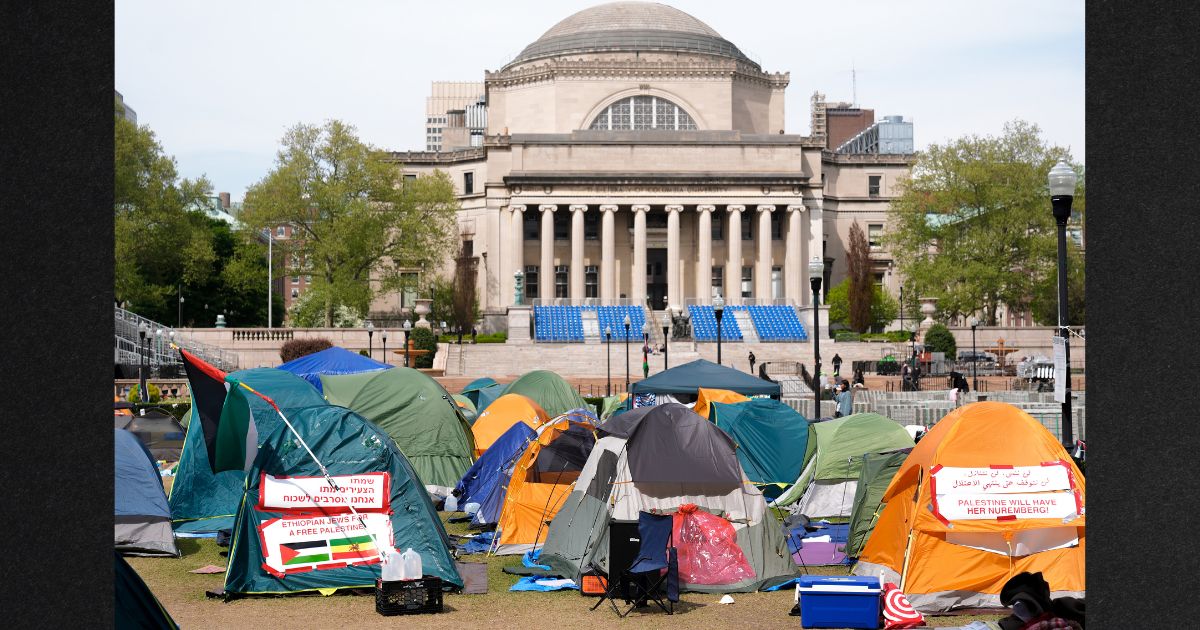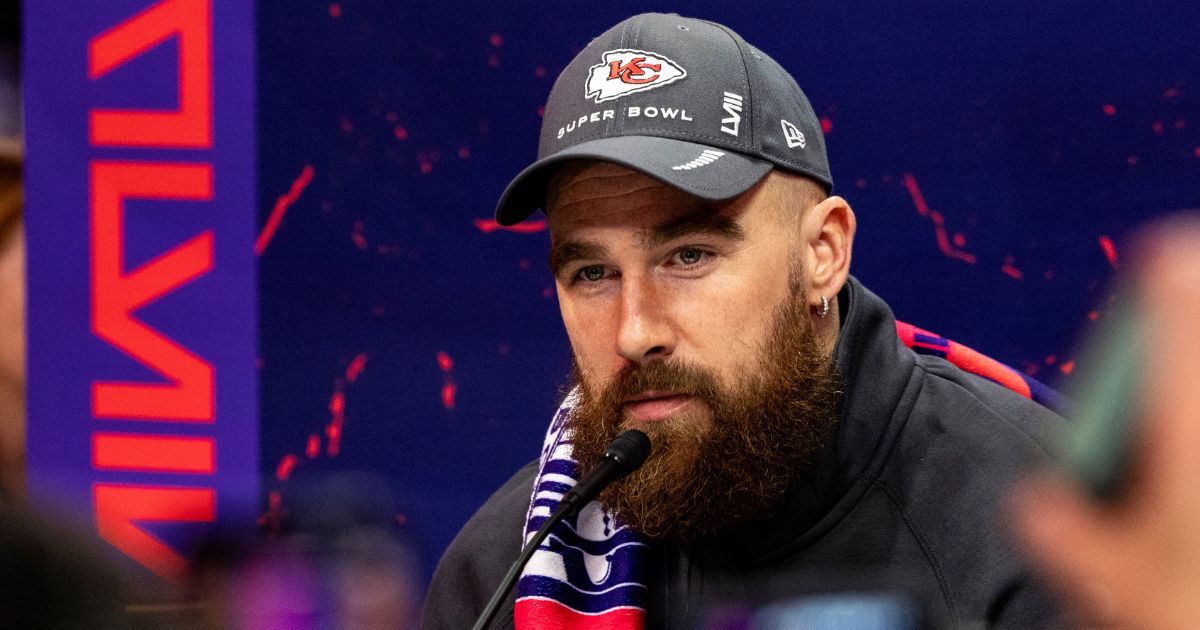Could TikTok divestment by Congress disrupt Biden’s digital campaign plan?
Congress is on the verge of passing a bill requiring TikTok’s sale to a U.S. company within a year to avert a potential ban in the country. President Joe Biden vows to enact the law, despite his 2024 campaign’s reliance on TikTok to engage young voters. The move underscores ongoing national security debates and the evolving nature of digital campaigning strategies. Congress is set to pass a bill mandating the sale of TikTok to a U.S. company within a year to prevent a possible ban in the country. President Joe Biden pledges to approve the law, even though his 2024 campaign heavily relies on TikTok to reach young voters. This highlights the continuing national security discussions and the changing landscape of digital campaign tactics.
Congress is primed to pass a bill that will require TikTok, the immensely popular, Chinese-owned social media platform, to sell to an American company within one year or risk being banned in the United States.
President Joe Biden promised to sign the legislation into law earlier this week, even as his 2024 reelection campaign has made the app, which boasts more than 170 million American users, a critical part of its digital messaging strategy specifically aimed at winning over voters under 25.
The decision to get Biden on TikTok, even after his administration barred federal employees from using the app on their government-issued phones and pressing Chinese President Xi Jinping on the matter during closed-door, leader-to-leader meetings, comes as the president is looking to win back support from younger voters, a critical component of his winning 2020 coalition.
Data provided by the Pew Research Center show that while only 14% of people consume news on TikTok, 44% of TikTok users are under 30, 43% of all users say they regularly consume news on the app, and 60% of all users lean Democrat.
Still, the Biden campaign’s use of the app raised questions about both the president’s actual views on the national security concerns surrounding the app and its future in the United States.
“We have been very clear: We are not trying to ban TikTok,” White House press secretary Karine Jean-Pierre told reporters during an April 4 briefing. “We’re not trying to ban TikTok. We’re talking about a divestment. You heard that from the national security adviser when he has been here a couple of times at the podium speaking to TikTok and the legislation and how we’re trying to move forward. It is a platform that we really need to take seriously here. We’re talking about our national security.”
Furthermore, a senior Biden campaign official told the Washington Examiner that TikTok represents just one leg of its digital strategy.
Instead, that official argues that the campaign is focusing on meeting demographics in spaces they already occupy and empowering “trusted messengers” to help make Biden’s case to prospective voters. Trusted messengers could include not only social media influencers, with whom the campaign and White House frequently engage, but also a “normal” account’s personal friends and followers. Campaign officials argue that, oftentimes, a message can more deeply resonate with voters if they see someone in their personal circles commenting on it rather than a celebrity, or even Biden himself.
Those tactics do include engaging with younger voters on TikTok specifically, but also targeting other demographics in every corner of the digital space.
“We are living in the most graduated media environment that we ever have, full stop,” that person stated. “It is different than 2016. It is different than 2020. People are not consuming news in the same way. People are in different spaces, so that means we have to be in those different spaces.”
The Biden campaign official stressed to the Washington Examiner that the campaign is not solely on TikTok to court young voters, but is instead looking at the news of the day and trying to make sure it can communicate to all voters, regardless of where they consume information, both Biden and Trump’s stances on various matters. That means retooling, repackaging, and reposting the same piece of content in a way that a certain platform’s users expect it to be delivered.
“What we have to do is very different than what Trump has to do because what we have to do is we have to get the people who voted for us last time to just come back and show up for us,” that person continued. “When we look at the digital operation, it is not just TikTok, it’s not just Instagram, it’s not just digital ads. It’s quite literally everything because when we talk about this fragmented media environment — people are in all these places, different demos, different ages, whoever — so we have to make sure that we are hitting all these places because some people are on TikTok but they’re not on Instagram. Some people may be on Instagram, but they’re not on TikTok, and then, of course, there are people who are on both, so we have to make sure that we are getting our message across and making it resonate.”
The official did not specifically say if a TikTok divestment would change the campaign’s use of the app in any way.
CLICK HERE TO READ MORE FROM THE WASHINGTON EXAMINER
It is worth noting that the latest TikTok legislation, included in a package of security aid bills the House plans to vote on Saturday and would subsequently be taken up by the Senate next week, does not automatically ban the app in the United States.
Instead, it provides TikTok a nine-to-12-month window in which its Chinese parent company, ByteDance, must sell to a new American owner, which means any domestic ban would occur after the 2024 election.
" Conservative News Daily does not always share or support the views and opinions expressed here; they are just those of the writer."





